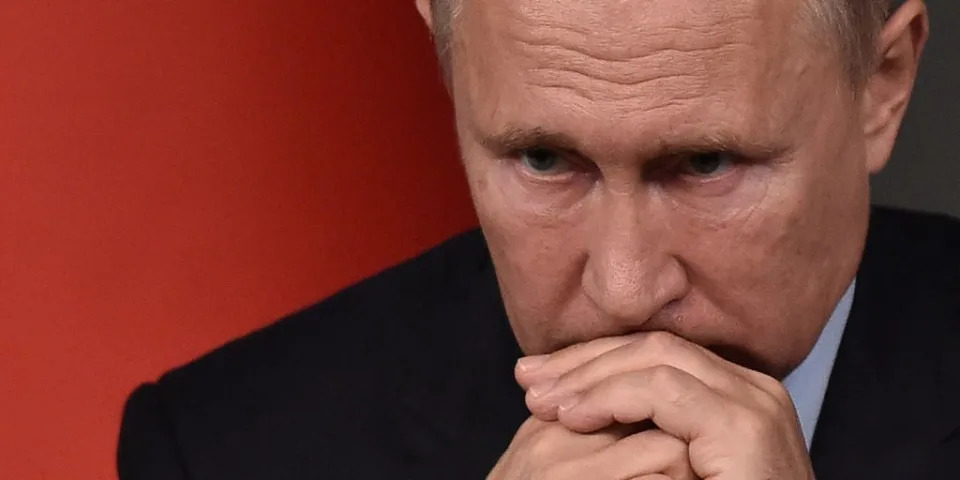Business Insider
The Russian ruble just blew through its ‘comfort zone’ as the currency weakens in the aftermath of failed mutiny
Jennifer Sor – July 5, 2023

- Russia’s ruble fell further against the dollar in the aftermath of Wagner’s mutiny attempt.
- The currency slipped to around 91 per US dollar, blowing past its optimal value range.
- The ruble has been one of the worst-performing currencies in 2023, slipping 21% from levels in January.
Russia’s ruble fell further in the aftermath of Wagner mercenaries’ failed mutiny attempt last month, with the currency blowing past a key “comfort zone” against the US dollar, according to Kremlin officials.
The ruble traded near 91 per US dollar on Wednesday, extending its 3% fall after the Wagner Group’s short-lived rebellion against Moscow last week.
The latest move means Russia’s currency has blown through a key range of 80-90 per US dollar, which first Russian deputy prime minister Andrey Belousov described as the optimal level for the currency.
The ruble has been one of the worst-performing currencies in 2023 thanks to sanctions and economic headwinds resulting from Russia’s ongoing invasion of Ukraine, with investors eyeing the impact of Western trade restrictions and increased military spending on the Kremlin’s coffers. The value of the ruble against the dollar is now 21% lower from levels at the start of the year.
Ruble holders have also shown their desire to switch to other currencies, with retail deposits held in other countries rising to $43.5 billion from early 2022 through May 2023, per an analysis from Bloomberg Economics. 15 regions in Russia saw demand for other currencies increase as much as 70-80% shortly after Wagner’s attempted rebellion, Belousouv previously stated.
The Kremlin, meanwhile, has increased its reliance on other currencies, particularly China’s yuan. The government began selling its $54 billion yuan stash in February to cover falling energy revenues, Russia’s finance ministry said.
